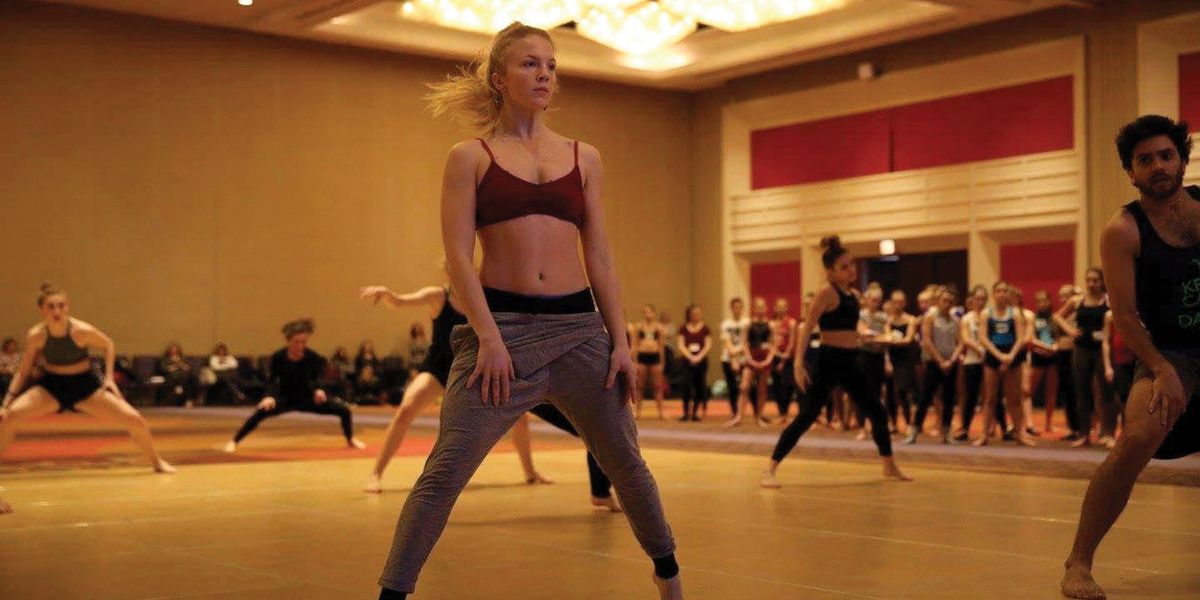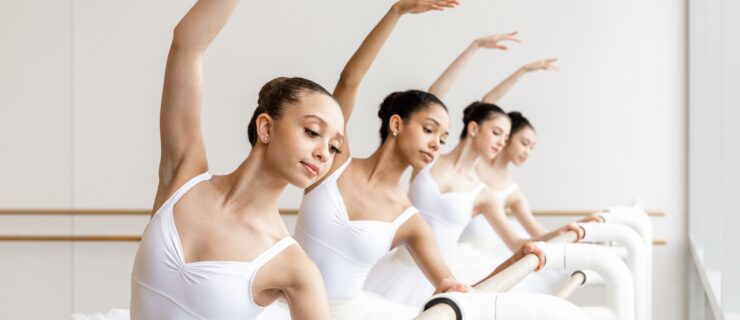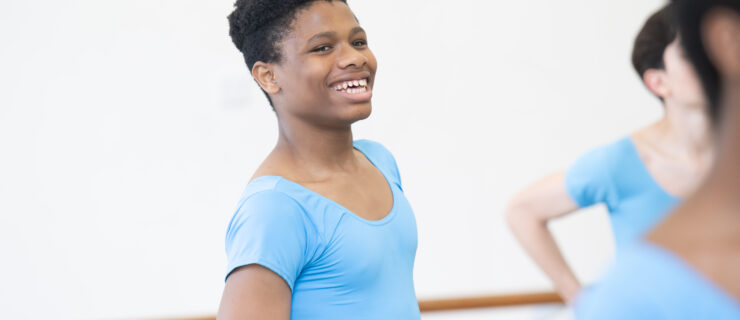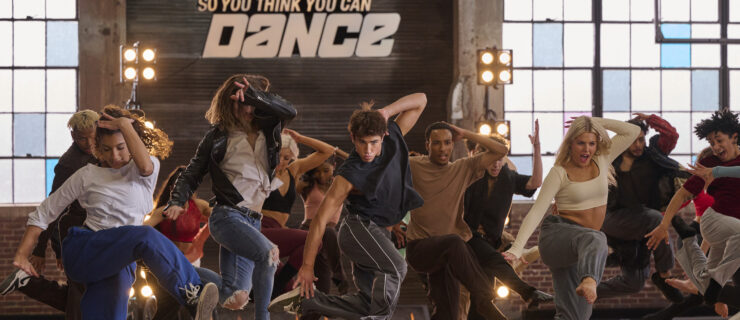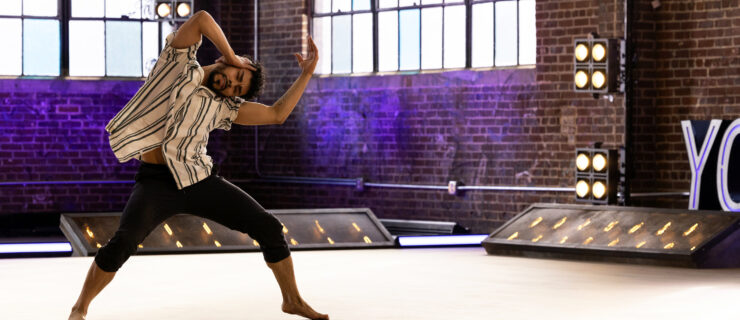From Competitions to Campus: How 4 Comp Stars Made the Leap
Considering a dance degree to build on your competition experiences? DS caught up with comp-circuit stars who chose higher ed to learn the advantages of transitioning from comp kid to college kid.
Ability to Pick Up New Genres
“Because I’d been exposed to so many different genres—hip hop, theater, contemporary, and ballet—I was able to pick up new styles quickly in college, and movement came more naturally to me.” —Mattie Love, 2010 NYCDA National Teen Female Outstanding Dancer and Marymount Manhattan College class of 2016
“All of us from studio backgrounds have broad stylistic experiences, and versatility is important in college because it opens doors. You don’t want to have a door closed because you never dabbled in one particular style.” —Jake Tribus, 24 Seven Dance Convention’s 2013 National Teen Male Non-Stop Dancer and University of Southern California Glorya Kaufman School of Dance class of 2020
 Jake Tribus (photo by Jennifer Robertson, courtesy USC Glorya Kaufman School of Dance)
Jake Tribus (photo by Jennifer Robertson, courtesy USC Glorya Kaufman School of Dance)
Being Prepared for Auditions and Accepting Their Outcomes
“When you’re a competition dancer, you’re auditioning all the time. I always felt comfortable auditioning in college: I pick up detailed choreography quickly because I grew up doing that on the competition and convention circuit.” —ML
Managing a Packed Schedule and Networking Effectively
“College is like a convention weekend all the time! You have to take care of your body and pace yourself so you’re getting the most out of classes but not killing yourself. I was prepared to go into each college class with a new perspective because of conventions, where I changed my mindset really quickly from one class to the next.” —Sarah Pippin, 2015 NYCDA National Senior Female Outstanding Dancer and Juilliard class of 2020”
 Alyssa Allen (photo by Rose Eichenbaum, courtesy USC Kaufman)
Alyssa Allen (photo by Rose Eichenbaum, courtesy USC Kaufman)
Learning New Material Fast and Showcasing Your Work Ethic
“I’m used to 45-minute classes where the teacher teaches a crazy-long combo. The convention setting taught me to pick things up fast, which then helped me in college because I could move on quickly from learning the combination to focusing on technical elements.” —SP
“At my studio, we knew everyone’s parts: In case something happened, someone could substitute during a performance. I’ve found in college, people want to work with me because I know how to dance in an ensemble—I know how to be clean and how
to blend because of those competition experiences.”—ML
A version of this story appeared in the October 2017 issue of Dance Spirit with the title “From Comps to Campus.”
